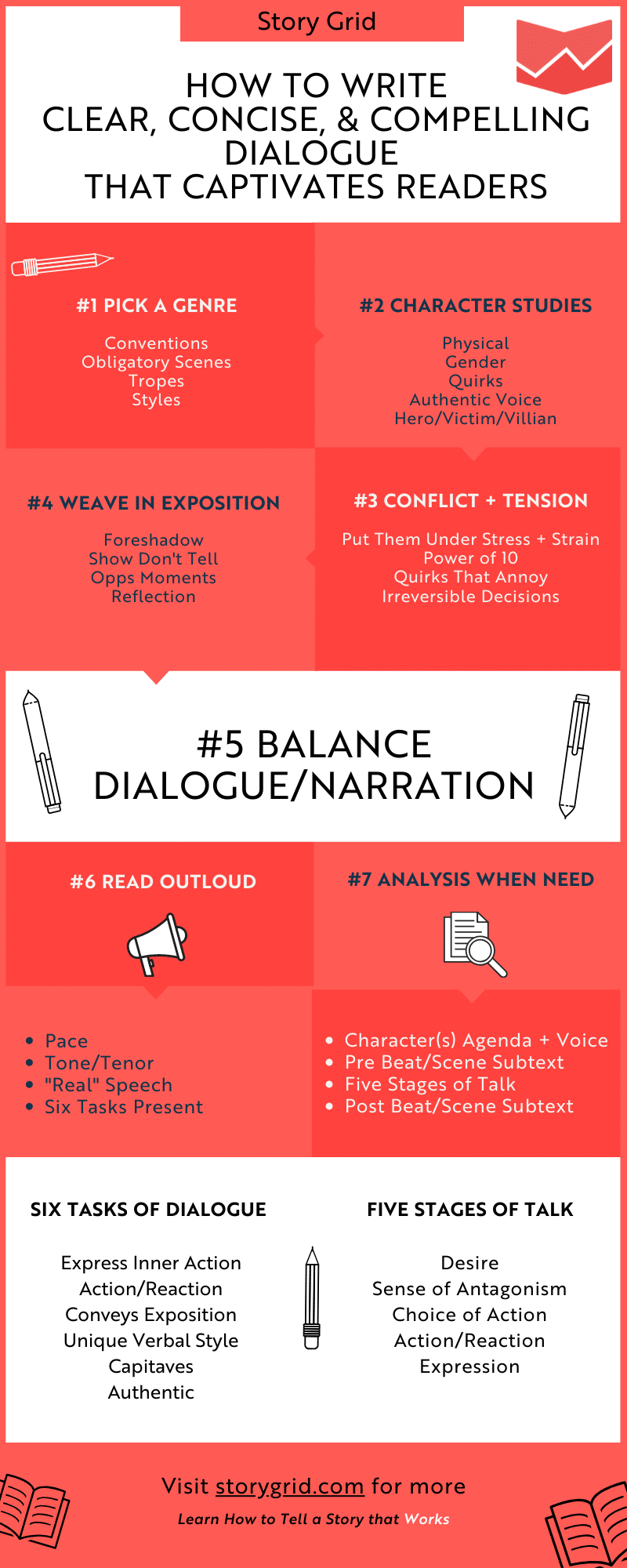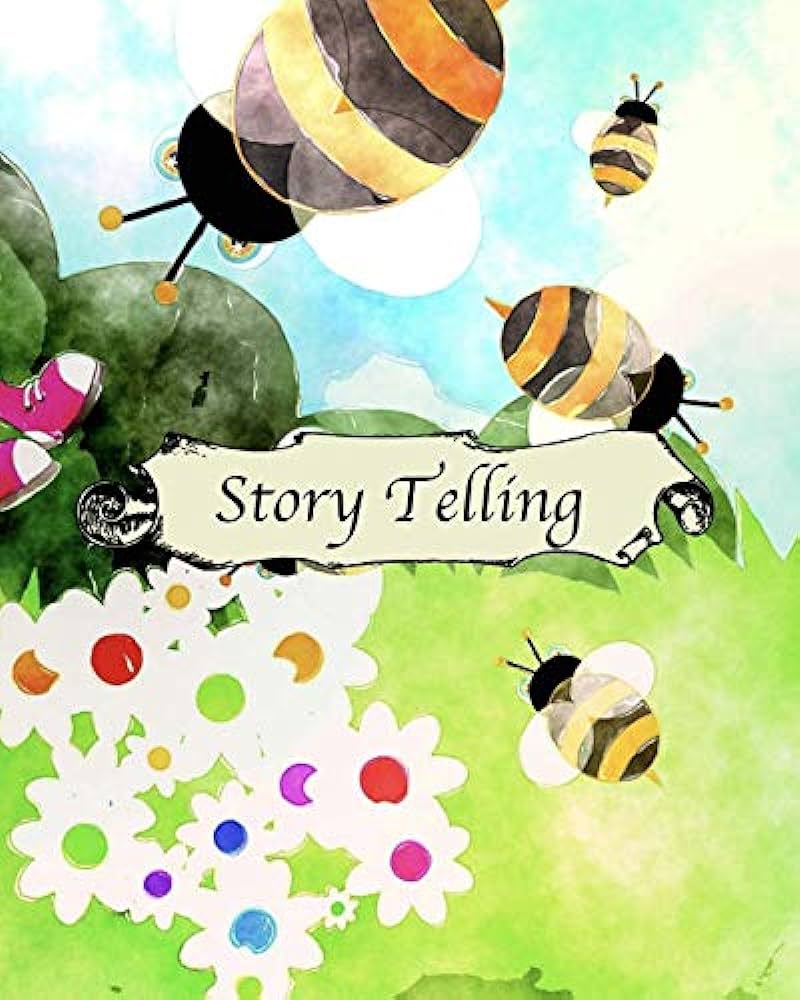Unveiling the Secrets of Writing Compelling Fiction
Crafting a gripping piece of fiction is an art form that captivates readers and transports them to different worlds. If you’ve ever wanted to create your own compelling story, you’re in the right place! In this article, we’ll uncover the secrets of writing fiction that keeps readers hooked from beginning to end. Whether you’re a seasoned writer or just starting out, these tips will help you create a narrative that resonates with your audience.
1. Develop Engaging Characters
Characters are the heart and soul of any story. To create compelling characters, give them depth and complexity. Build a backstory that influences their actions and motivations. Consider their desires, flaws, and fears. Make them relatable by giving them human qualities. The more readers connect to your characters, the more invested they will be in your story.
2. Craft an Intriguing Plot
A gripping plot sets the stage for an enthralling narrative. Begin with a strong opening that hooks readers from the start. Introduce conflict early on to create tension and keep readers engaged. Develop a well-structured storyline with rising action, climaxes, and resolutions. Ensure that each chapter or scene contributes to the overall plot, moving the story forward.
3. Show, Don’t Tell
Engage your readers by showing them the story rather than simply telling it. Use vivid and sensory language to create imagery in their minds. Describe characters’ actions, emotions, and surroundings to immerse readers in your fictional world. Let them experience the story through their senses, allowing for a more powerful and memorable reading experience.
4. Effective Dialogue
Dialogue is a powerful tool for revealing character traits and advancing the plot. Use dialogue to give your characters distinct voices. Show their personalities through their speech patterns, mannerisms, and word choices. Make your dialogue realistic, but also purposeful and concise. Avoid unnecessary filler conversations and focus on conveying meaning and tension.
5. Implement Conflict and Suspense
Conflict is the engine that drives your story and keeps readers turning pages. Introduce various types of conflict, including internal struggles within characters and external challenges they face. Weave suspense throughout your narrative by teasing upcoming obstacles or revelations. Keep readers on the edge of their seats, eager to uncover what happens next.
6. Fine-tune the Setting
Setting creates the backdrop for your story and helps establish its mood and atmosphere. Describe the environment in detail, utilizing all five senses to bring it to life. Whether it’s a bustling city, a mystical forest, or a futuristic spaceship, make the setting integral to your story and use it to enhance the overall experience for readers.
7. Rewrite and Edit
The first draft is just the beginning. Great writing is often the result of multiple revisions and edits. After completing your manuscript, set it aside for a while, then revisit it with fresh eyes. Look for inconsistencies, plot holes, and areas where the story can be tightened or improved. Cut unnecessary parts and refine your prose, ensuring clarity and coherence throughout.
8. Read Widely
To become a better writer, read extensively across different genres and authors. Analyze their writing styles, storytelling techniques, and character development. Take note of what works and what doesn’t, and apply those lessons to your own writing. The more you expose yourself to diverse literature, the more you’ll refine your own craft.
9. Seek Feedback
Don’t be afraid to share your work with others and seek constructive criticism. Join writing groups or seek beta readers who can provide valuable insights. Feedback can help identify blind spots, highlight strengths, and suggest improvements. Embrace feedback as an opportunity for growth and use it to refine your storytelling skills.
In conclusion, writing compelling fiction requires a combination of skill, creativity, and perseverance. By developing engaging characters, crafting an intriguing plot, showing rather than telling, creating effective dialogue, implementing conflict and suspense, fine-tuning the setting, rewriting and editing, reading widely, and seeking feedback, you can unlock the secrets to capturing readers’ attention and creating stories that resonate long after the final page. So, grab your pen, unleash your imagination, and embark on the journey of writing captivating fiction.











